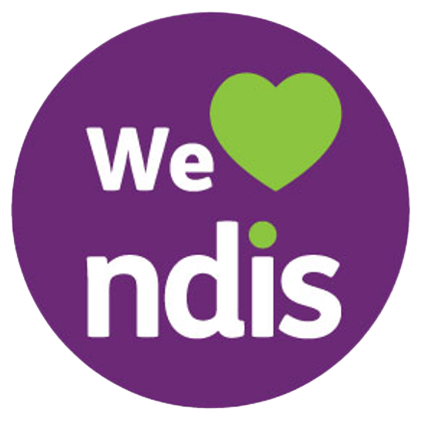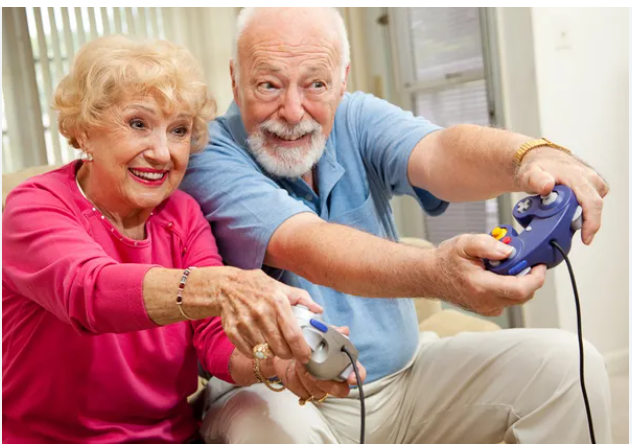PARKINSON’S AWARENESS MONTH
April was Parkinson’s Awareness month. Parkinson’s is a progressive, degenerative condition of the central nervous system. Its causes are unknown and a cure has not yet been found. Parkinson’s is more prevalent than many common cancers – including prostate, breast, colorectal, and lung cancers in Australians over the age of 50.
Parkinson’s is complex, misunderstood and in some cases misdiagnosed. Parkinson’s affects people of all ages. The reality is that, in Australia alone, 5 Australians under 40 are diagnosed every day.
Parkinson’s impacts more than a person’s movement and speech. In fact, this disease has more than 50 symptoms – many invisible. These are called non-motor symptoms because they are not related to movement.
Being unseen, non-motor symptoms are often misunderstood and hard to talk about. Yet they can have a greater effect on relationships, social life and overall quality of life than the more obvious symptoms of Parkinson’s.
Here we expose the myths and realities of Parkinson’s by exploring unseen symptoms and unspoken issues.
SWALLOWING AND COMMUNICATION
Many people living with Parkinson’s imagine that they have more saliva than other people. While it seems to be the case, this is not true. The reason: Because everything slows down with Parkinson’s you don’t swallow unconsciously as often.
There are more than 30 muscles involved with swallowing and they all have to work together – like a domino effect. Salvia contains enzymes that can create skin problems and pain from the build-up which is not relieved by swallowing.
You may think that it’s a problem if your voice has become softer or you may believe there is nothing you can do to fix it.
However, a Parkinson’s NSW Registered Nurse can recommend exercises for your voice muscles which should be started straight after a diagnosis of Parkinson’s diagnosis – and then maintained.
You may not want to socially engage as your voice gets softer and you become frustrated when people ask: “What did you say?” or “Could you please speak up?”.
You may also tend to back away from social occasions where you have to eat in public because it’s embarrassing.
By exercising your voice, you can reduce swallowing problems and communication challenges, reconnect socially and generally enjoy a better quality of life.
You need to get on to your voice exercises ASAP and commit to them! Talking, singing and really projecting your voice when you use it are all very beneficial.
ADVICE
- Shout or be without – exercise your voice.
- “We will rock you!” – Turn up the radio and sing along to your favourite song.
- Modify food to make it easier to swallow or have smaller, regular meals.
- Join a choir or try some public speaking (maybe in church?)
- Check out LSVT Loud – a speech treatment program tailored for people living with Parkinson’s.
- Try laughing yoga.
- Search for a voice exercise software application online or on your smart phone.
- Request a call from a Parkinson’s NSW Registered Nurse to find an exercise solution for you. 1800 644 189






